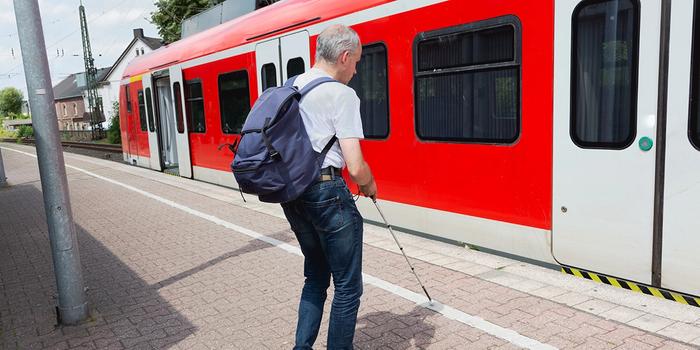
Inclusive Tourism professions
Inclusive tourism can be achieved only when the professionals within the tourism industry have the necessary knowledge on accessibility. Inclusive Tourism Manager and Inclusive Tourism Frontline Staff are the two Inclusive Tourism profession profiles that have been identified on the basis of the work done by ENAT in its report for the EU (EU-2014). The tourism professions have been clustered, in order to identify the Occupational Groups with a crucial role in the accessible tourism.
The project has defined, from existing and/or emerging skills needs, the competences that Inclusive Tourism professions should have in order to overcome the gap between the supply and the demand for accessible services in the tourism market. The description will be done in compliance with ECVET requirements and will contain explanation in the form of description, scope note and definition as well as the list of knowledge, skills and competences considered relevant..
A specific study has been carried out by the In-Tour Alliance to complete the existing evidence about skills needs in order to make the professional profiles adherent to the current (and future) working and occupational context and to specific requirements in term of accessibility that tourists with special needs can perceive in different aspects of the “Visitor Journey” (Dick & Darcy-2009).
The occupational profiles of the Inclusive Tourism Manager and the Inclusive Tourism Frontline Staff has been released as first results of the project, marking a key milestone for supporting VET in the field of tourism.
